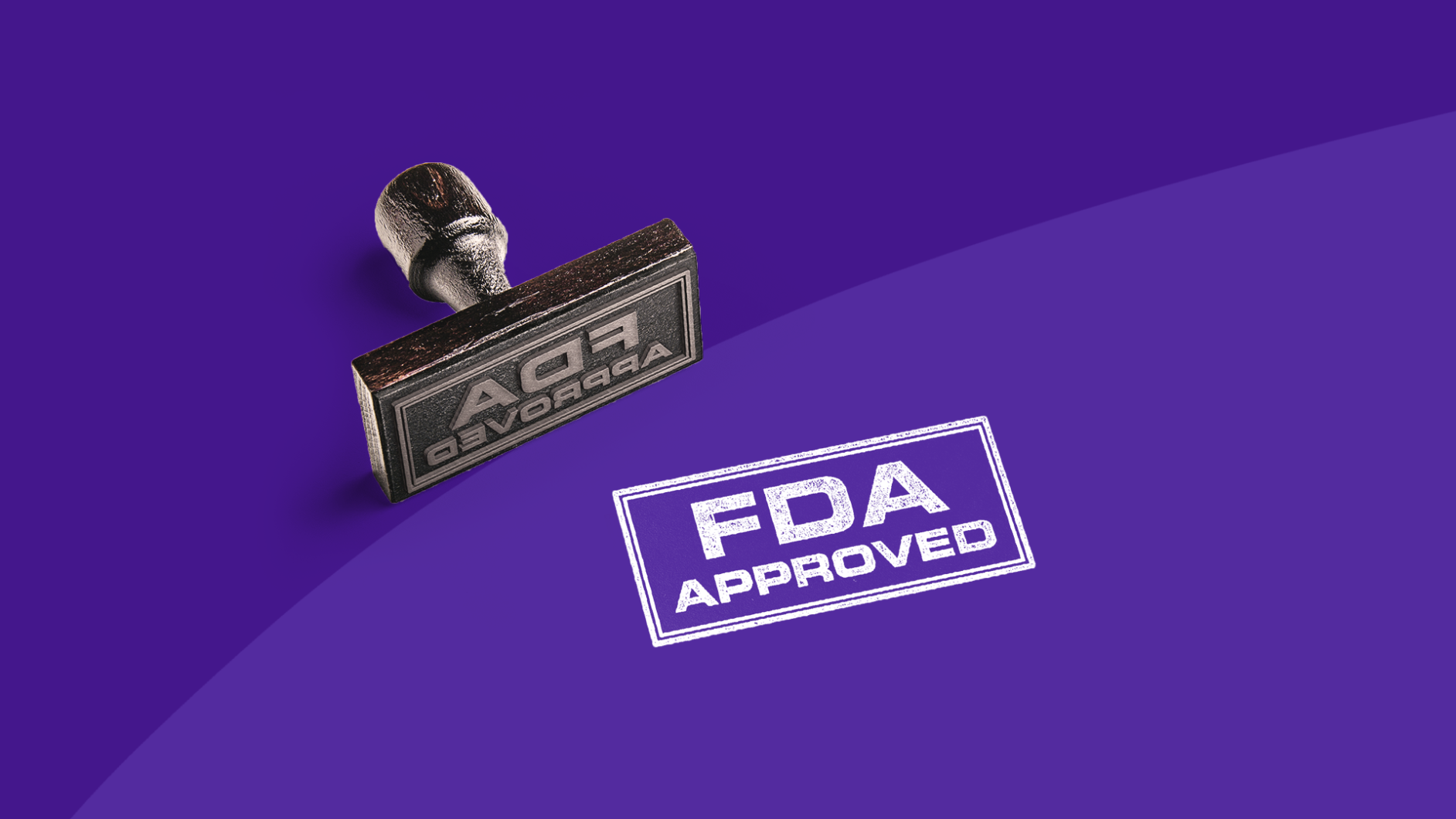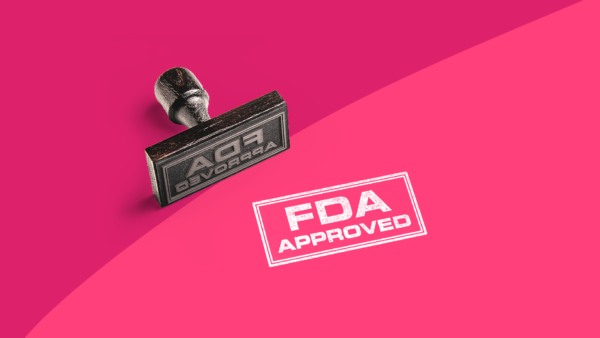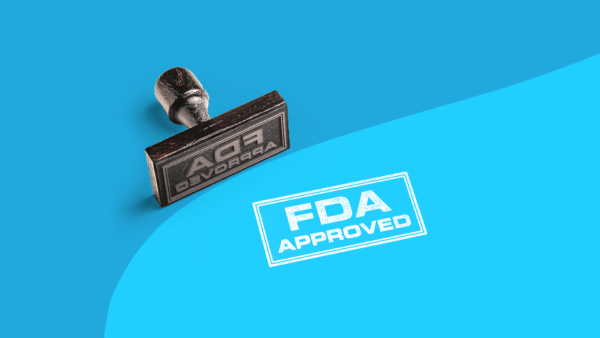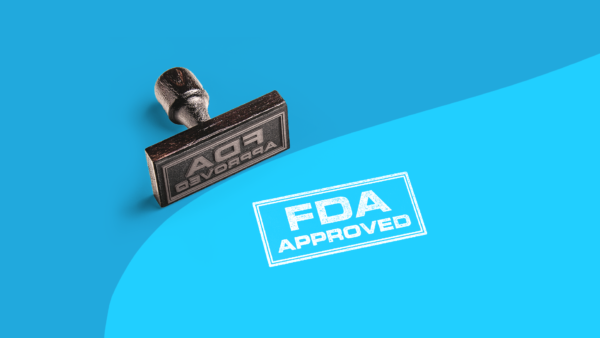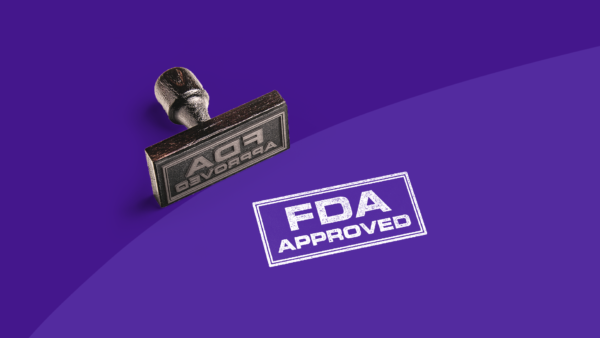On Oct. 15, the U.S. Food and Drug Administration (FDA) approved Cyltezo, the first interchangeable biosimilar to Humira, which is the world’s top-selling drug and the number one treatment for several inflammatory diseases.
With the FDA’s decision, Cyltezo (adalimumab-adbm) can now be made available to patients with rheumatoid and psoriatic arthritis, ankylosing spondylitis, Crohn’s disease, ulcerative colitis, plaque psoriasis, and juvenile idiopathic arthritis who have a prescription for Humira (adalimumab). And this could signal a savings opportunity for those patients.
“The biosimilar and interchangeable approval pathway was created to help increase access to treatment options for patients with serious medical conditions,” said Acting FDA Commissioner Janet Woodcock, MD, in a statement. “We continue to be steadfast in our commitment to provide patients with alternative high-quality, affordable medications that are proven to be safe and effective.”
While Cyltezo is the first interchangeable biosimilar for Humira, it’s the second interchangeable biologic ever approved by the administration. (The first was Semglee, a biosimilar insulin to Lantus, earlier this year). Biologics, or biological products, are produced from living organisms, such as animal or plant cells. They comprise the fastest growing segments of the prescription drug market, according to the FDA, but some remain very expensive. Approval of interchangeable biosimilar medications will help open the door to lower-cost treatment options for patients.
RELATED: What you should know about biologics for psoriasis
What is Cyltezo?
Cyltezo is a monoclonal antibody used to treat a range of inflammatory diseases. Like Humira it is a TNF-alpha inhibitor, which works by suppressing the body’s response to an inflammatory protein produced by white blood cells.
Cyltezo is used to treat the following conditions in adults:
- moderate to severe rheumatoid arthritis
- psoriatic arthritis
- ankylosing spondylitis
- moderate to severe Crohn’s disease
- moderate to severe ulcerative colitis
- moderate to severe chronic plaque psoriasis
Cyltezo can also be used to treat children with moderate to severe polyarticular juvenile idiopathic arthritis.
The drug was initially approved by the FDA in 2017, but will not be available in pharmacies until July of 2023. It is a subcutaneous injection and comes in single-dose, pre-filled glass syringes (40 mg/0.8 mL and 20 mg/0.4 mL).
The most common side effects are upper respiratory and sinus infections, injection site reactions, headache, and rash. The most serious known side effects are an increased chance of infections that could lead to hospitalization or death, and the development of some cancers, including lymphoma. (The same side effects occur with use of Humira.)
How does Cyltezo compare to Humira?
The FDA reviews proposed biosimilars and determine if they are similar enough to existing biologics to be approved for use for the same conditions. In order to get a FDA-treatment approved as a biosimilar, a manufacturer must demonstrate that its product is highly similar in structure and function to the reference product (in this case Humira), and that it leads to the same clinical outcomes.
Cyltezo was approved as a biosimilar in 2017 for all but two of the conditions Humira is used for (hidradenitis suppurativa and uveitis). Humira is also approved for Crohn’s disease and ulcerative colitis in children, while Cyltezo is only approved for adults with those conditions.
This latest approval follows additional testing, which showed that Cyltezo produces the same clinical results in any given patient, which qualifies it to be considered interchangeable with Humira.
How Cyltezo helps with Humira cost
The FDA has approved 29 biosimilar products, but this is only the second time the agency has bestowed interchangeable approval on a biosimilar. This certification means that pharmacists can fill a patient’s prescription for Humira with Cyltezo instead, without consulting a physician—similar to how generic drugs can be dispensed in place of their more expensive brand name counterparts. In the same way, the move to this Humira alternative could dramatically bring down the cost of treatment. Biosimilars can cost 15% to 35% less than their reference products.
Humira has been the world’s highest grossing medication for almost a decade, bringing in $20.4 billion in sales last year. It is a very expensive drug: It costs $7,389 for two subcutaneous kits (10 mg/0.1 mL), which is about one month’s supply. And the price is only increasing. A 2021 House Committee on Oversight report found that the price of Humira was hiked up more than a dozen times since 2013, and now costs patients $77,586 a year, “a 470% increase from when the drug entered market” in 2003.
When it comes on the market on Jul. 1, 2023, Cyltezo costs should be far less than that for the millions of people living with inflammatory bowel disease, rheumatoid arthritis, and other related conditions. If Humira or Cyltezo are still expensive with insurance, you can use a free prescription discount card from SingleCare on your prescription to save up to 80%.



